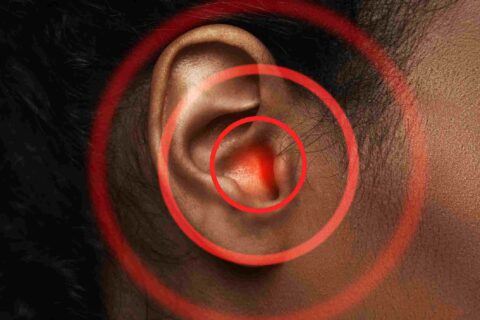The Role of Diet and Nutrition in Maintaining Healthy Hearing

When it comes to maintaining overall health, diet and nutrition play a crucial role. While most people are aware of the impact of diet on weight management, cardiovascular health, and even mental well-being, they often overlook the significance of nutrition in maintaining healthy hearing. Just like other parts of the body, the auditory system requires proper nutrients to function optimally.
Research has shown that a well-balanced diet rich in specific nutrients can help protect and maintain the health of the crucial auditory cells that convert sound vibrations into electrical signals, which are then transmitted to the brain for interpretation. These hair cells are particularly vulnerable to damage caused by various factors, including exposure to loud noises, aging, and oxidative stress.
One of the key nutrients for maintaining healthy hearing is omega-3 fatty acids. Found abundantly in fatty fish like salmon, mackerel, and sardines, as well as in walnuts and flaxseeds, omega-3 fatty acids have been shown to have numerous health benefits, including reducing inflammation and supporting cardiovascular health. In terms of hearing health, omega-3 fatty acids help maintain proper blood flow to the inner ear, ensuring that the hair cells receive adequate oxygen and nutrients. They also possess anti-inflammatory properties that can help protect against damage caused by excessive noise exposure.
Another essential nutrient for auditory health is antioxidants. These compounds help protect cells from oxidative stress, a process that contributes to age-related hearing loss and damage caused by exposure to loud noises. Vitamins A, C, and E, as well as minerals like zinc and selenium, are powerful antioxidants that can be obtained through a well-rounded diet. Foods such as carrots, spinach, citrus fruits, almonds, and seafood are rich sources of these nutrients and should be incorporated into the daily diet to support healthy hearing.
Maintaining stable blood sugar levels is also crucial for auditory health. Studies have shown a strong correlation between diabetes and hearing loss. Individuals with diabetes are more prone to developing hearing problems, likely due to the damaging effects of high blood sugar levels on the blood vessels and nerves of the inner ear. Therefore, adopting a balanced diet that includes whole grains, lean proteins, fruits, and vegetables while limiting sugary and processed foods can help regulate blood sugar levels and reduce the risk of hearing loss.
Iron and magnesium are two minerals that are also important for maintaining healthy hearing. Iron deficiency anemia has been linked to sensorineural hearing loss, the most common type of permanent hearing loss. Foods such as lean red meat, spinach, and legumes are excellent sources of iron. Magnesium, on the other hand, helps protect against noise-induced hearing loss and can be found in green leafy vegetables, nuts, and whole grains.
In addition to specific nutrients, it is important to maintain an overall healthy lifestyle for optimal auditory health. Regular exercise and staying hydrated are important for proper blood circulation and ensuring that the auditory system receives adequate oxygen and nutrients. Avoiding excessive noise exposure, wearing ear protection in noisy environments, and refraining from smoking are also crucial for preventing hearing damage.
Visit us to learn more about the role of diet and nutrition in maintaining healthy hearing!


